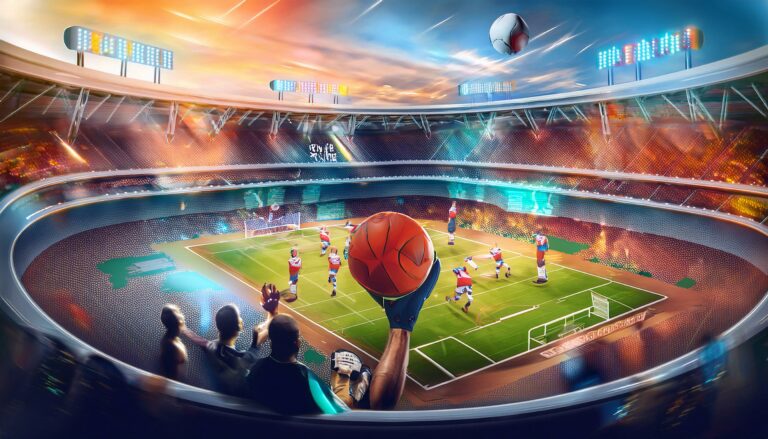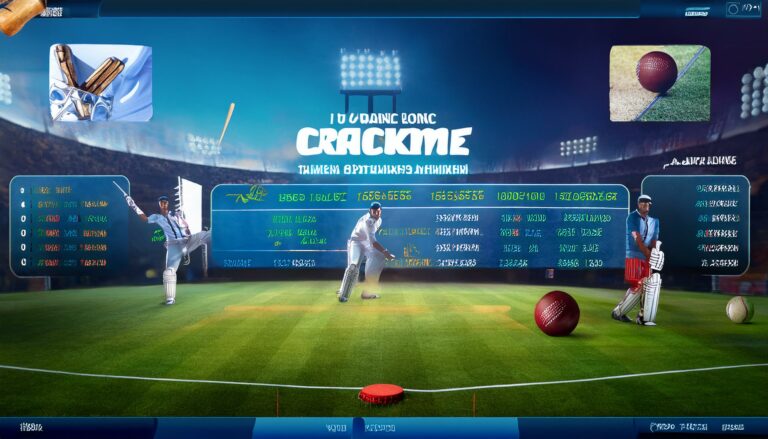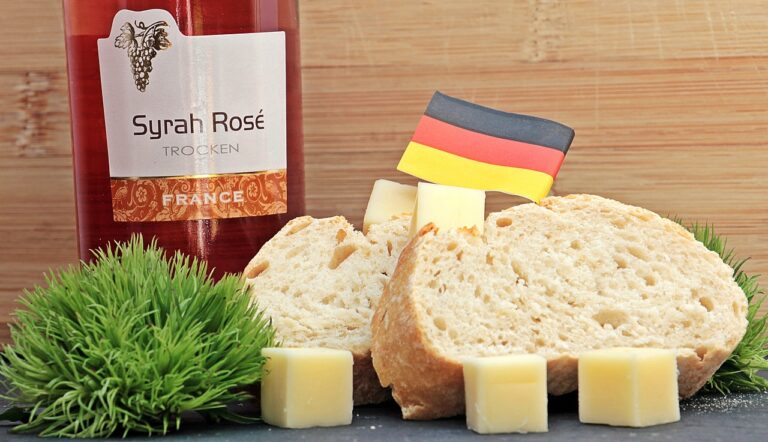The Role of Gamification in Enhancing Hotel Loyalty Programs: Bet book 247 sign up, Radhe exchange app download, Bethub777
bet book 247 sign up, radhe exchange app download, bethub777: The hospitality industry has been using loyalty programs for decades to incentivize customers to stay at their properties. However, as competition in the hotel sector continues to increase, hoteliers are constantly looking for innovative ways to stand out and retain their customers. This is where gamification comes into play.
What is Gamification?
Gamification is the process of incorporating game-like elements into non-gaming environments to engage and motivate users. In the context of hotel loyalty programs, gamification involves using game mechanics such as points, levels, badges, and challenges to make the experience more fun and rewarding for guests.
The Benefits of Gamification in Hotel Loyalty Programs
1. Increased Engagement: Gamification makes the loyalty program more interactive and engaging for guests. By offering rewards for completing challenges or reaching certain milestones, hotels can motivate customers to actively participate in the program.
2. Enhanced Loyalty: By gamifying the loyalty program, hotels can create a sense of competition among guests, driving them to earn more points and rewards. This, in turn, leads to increased customer loyalty and repeat business.
3. Personalization: Gamification allows hotels to collect data on guest preferences and behaviors, enabling them to tailor offers and rewards to individual customers. This personalized approach enhances the overall guest experience and strengthens the relationship between the guest and the hotel brand.
4. Brand Differentiation: In a crowded market, hotels that offer a unique and engaging loyalty program stand out from the competition. Gamification can help hotels differentiate themselves and attract new customers who are drawn to the interactive nature of the program.
5. Social Sharing: Gamification encourages guests to share their achievements and rewards on social media, generating buzz and word-of-mouth promotion for the hotel. This organic exposure can attract new customers and increase brand awareness.
How Hotels Can Implement Gamification in Loyalty Programs
1. Points System: Reward guests with points for every stay, purchase, or interaction with the hotel. Guests can then redeem these points for discounts, upgrades, or other rewards.
2. Challenges and Missions: Create fun and creative challenges for guests to complete, such as checking in multiple times in a month or trying out different amenities at the hotel.
3. Badges and Levels: Assign badges to guests for reaching certain milestones or completing specific tasks. Guests can progress through different levels, unlocking more rewards as they advance.
4. Personalized Offers: Use guest data to deliver targeted offers and rewards that align with individual preferences and behaviors.
5. Social Integration: Allow guests to share their achievements and rewards on social media, and incentivize them to invite friends to join the loyalty program.
FAQs
Q: Are gamified loyalty programs suitable for all types of hotels?
A: Gamification can be implemented in various ways to suit different types of hotels, from budget to luxury properties. However, it’s essential to tailor the program to fit the target audience and brand identity.
Q: How can hotels measure the success of a gamified loyalty program?
A: Hotels can track key metrics such as customer engagement, repeat bookings, and revenue generated from the loyalty program to measure its effectiveness.
Q: Are there any challenges associated with implementing gamification in hotel loyalty programs?
A: Some challenges include ensuring the program is user-friendly, maintaining fairness and transparency in reward allocation, and keeping the program updated with new challenges and rewards to sustain guest interest.
In conclusion, gamification offers a unique and exciting way for hotels to enhance their loyalty programs and drive customer engagement and retention. By incorporating game-like elements into the program, hotels can create a more interactive and rewarding experience for their guests, ultimately building stronger brand loyalty and increasing customer satisfaction.







